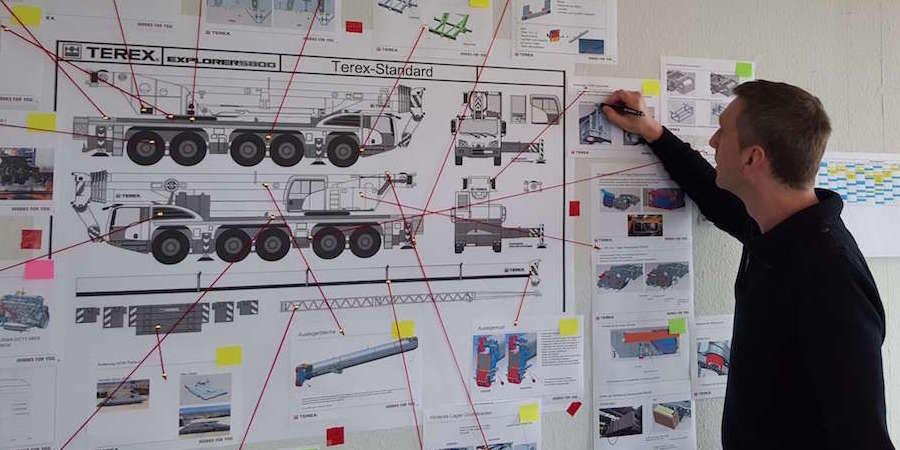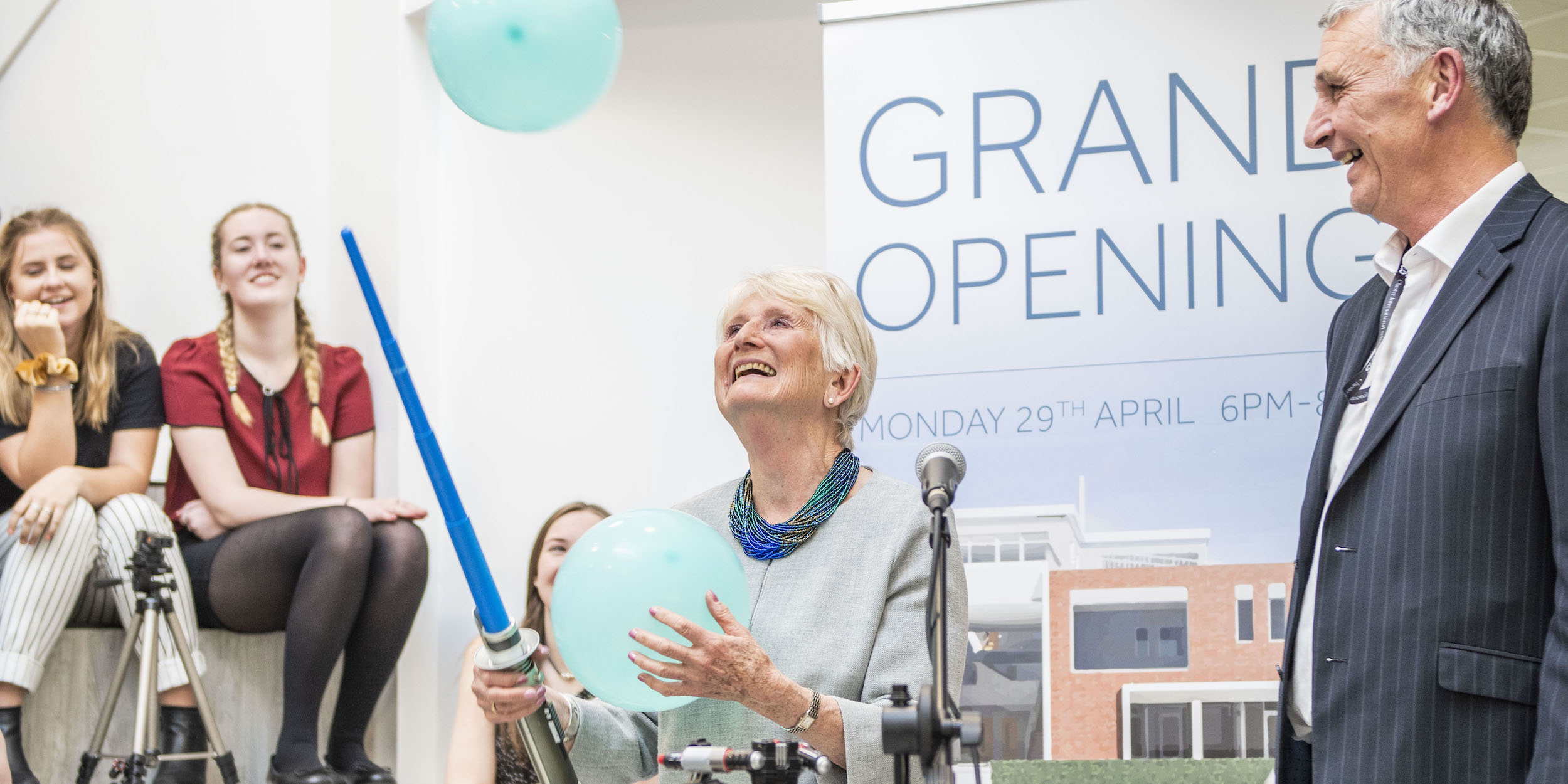
Why lean thinking can boost the loyalty of our customer base
OPINION – Most organizations today can only dream of receiving the type of enthusiastic support that certain sports teams get from their fans. In order to do that, they need to forget short-termism and put their customers first.
Words: Boaz Tamir, President, Israel Lean Enterprise
On February 6, the tension was peaking at Anfield stadium, Liverpool F.C.'s famous and mythical home. The home team was leading 2:0 in the league game against Sunderland, when at the 77th minute the crowd suddenly broke into their anthem, You'll Never Walk Alone.
The song is traditionally sung at the 89th minute of the match, but when cameras panned from the field to the bleachers Liverpool fans could be seen on their feet singing while moving towards the exit. This was a protest against the team owners' intention to raise the price of a ticket for a match from £59 to £77. While the ceremonial abandonment of the stadium had been planned ahead of time, the extent to which the fans joined in exceeded the wildest expectations of the organizers (the association Spirit of Shankly, which aims to keep the dream of Liverpool F.C.'s spiritual father, Bill Shankly, alive).
In the final minutes of the match, some 10,000 fans left the bleachers and the local team took two goals. In less than a quarter of an hour, the team had lost its advantage, and maybe its soul, together with the fans who were leaving and chanting "Fans aren't customers" and "Football without fans isn't football." Three days after the protest, the team management cancelled the price increase and apologized to the team's fan base.
The owners had learned the hard way how strong a community of fans can be, as well as how effective a social network can be in turning tens of thousands of people into a focused community. They also understood the precarious balance of power between the owners of a business and its customers.
A business without "customers" isn't a business, and that's as true for a football team (or soccer team, for our American readers) as it is for any other type of organization. Fan loyalty cannot be taken for granted, and the owners certainly can't take advantage of that loyalty to serve their own greed.
The traditional business model is changing.
In the sports industry, as in business, ownership and control belong to whoever lives in and identifies with the business, and not necessarily with the people who hold the capital and the stock. In the new system, loyalty and customer identification with a brand, based on an ongoing relationship (and not on specific marketing manipulations), represent the necessary foundation for commercial strength and sustainability.
The better the stock holders understand that the purpose of the club is not to sell tickets in order to raise the profit margin, but rather to strengthen the community of fans who identify with the team spirit, the greater their economic strength and sustainability. Companies such as Apple, Google, Toyota, and Facebook (and numerous fashion brands) provide examples of businesses that know how to create and integrate a business purpose that transforms customers into fans: it is not only the product, but rather the identity, identification and experience that are the significant factors in the value package and in maintaining customer loyalty over time.
Sustainable businesses – which we call lean enterprises – grow out of a community, and their purpose is to serve that community in which they operate.
Liverpool fans do not see the battle over the price of their next seasonal tickets as the end of the fight, but just the beginning. The day is coming closer when the customers of banks, insurance companies, food and communications industries will follow in the footsteps of Liverpool fans and demand active participation. The business managers who will try to leverage a brand for easy profits will receive a response similar to the one that was sent to the owners of the Liverpool club last February.
Clearly, a fan's support of the Liverpool team stems from his or her identification with Anfield and the spirit of Bill Shankly. As the holders of the original spirit of Anfield, supporters prove to not be willing to accept that kind of behavior on the part of the owners. Their protest should be remembered as a significant moment, not only in the life of a team and in the world of sports, but also in business. Those managers and stock holders who make the mistake of taking advantage of their customers will have to face up to their anger and their demands and ability to organize. On the other hand, businesses that will be wise enough to turn their customers into fans and maintain with them a relationship based on trust will improve their strength and ensure their sustained ability to withstand the changing conditions of the marketplace.
The story of the Liverpool fans coming together and rallying around a common cause should lead every organization (whether private or public) to ask itself: will we be wise enough to turn our customers into fans? How can we make our fans loyal and avoid falling into the trap of greed and short-term profits?
THE AUTHOR

Boaz Tamir is founder and president of Israel Lean Enterprise. He has extensive experience in entrepreneurship, turn around processes, company management, and academic research, and has contributed his knowledge to the business development and marketing of some of the largest and most successful organizations in Israel. Tamir is a founding and managing partner of Montefiore Partners Venture Capital Fund and has also served as founder and director of Romold Group, a multinational company specializing in environmental technologies and the development and production of infrastructure products for water and waste-water management and telecommunication. Boaz holds a Ph.D. in Political Science and Management from MIT.
Read more


NOTES FROM THE GEMBA – In the past 15 months Terex Cranes has successfully initiated a lean transformation. Follow Catherine Chabiron on her gemba walk to see what this large company is doing to put learning at the heart of its activities.


CASE STUDY – By leveraging Daily Management (DM), Supergasbras was able to change its trajectory and add more value to the customer in a critical sector for society.


CASE STUDY – We hear from a construction company in Chile that embarked on a lean journey in 2018 to transform its culture and improve the work on its many sites.


FEATURE – How does lean apply to learning? The author reflects on the lean transformation his schools are undergoing and on its practical implications on students, staff and leaders.

